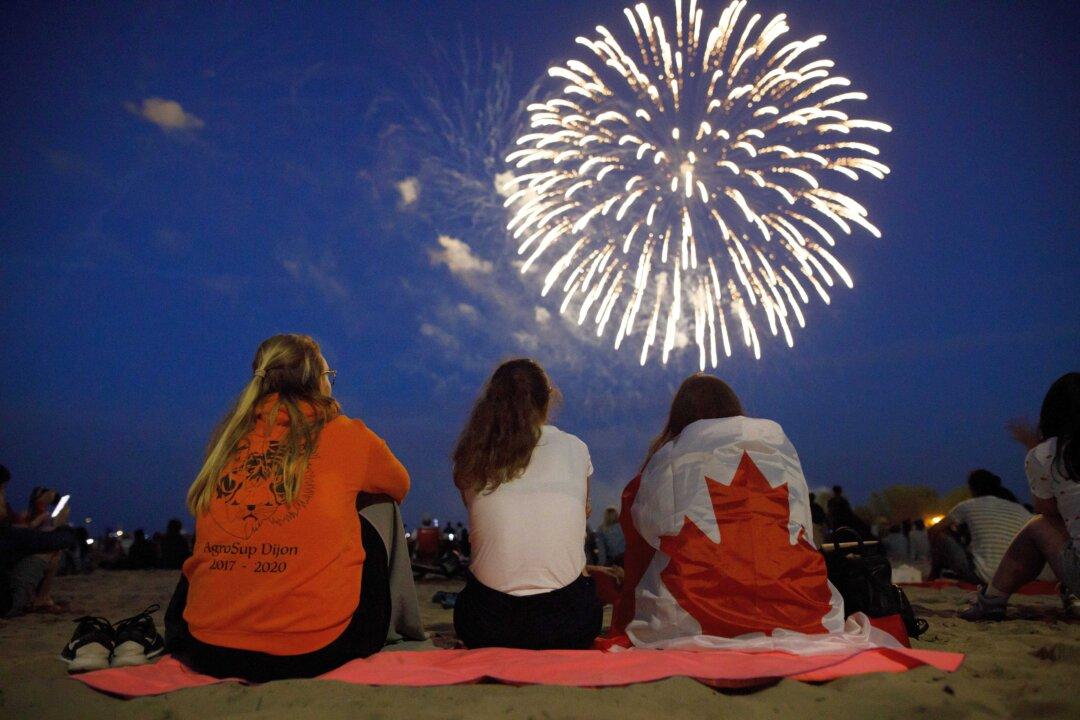The trend of questioning the Canadian identity has escalated to the point that some major cities have attempted to cancel or actually cancelled Canada Day celebrations. Historians say the trend’s roots go back decades, but it has gathered significantly more momentum in recent years.
“We have had politicized discussions about our national identity many, many times,” Christopher Dummitt, a history professor at Trent University, told The Epoch Times.





